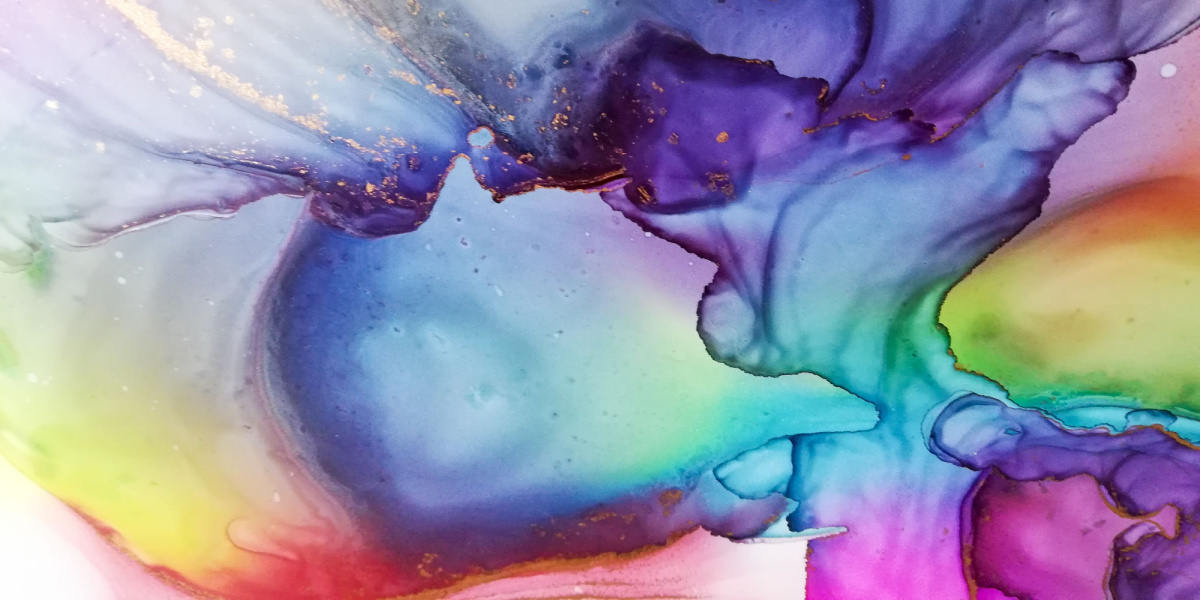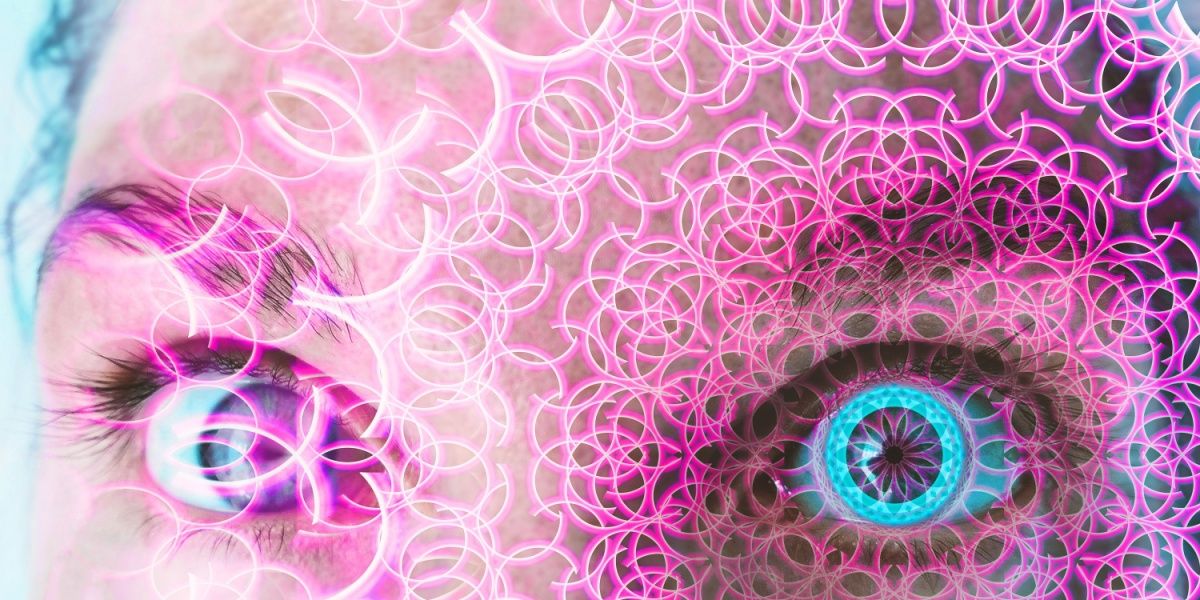DMT vape pens are special devices that administer DMT (N,N-Dimethyltryptamine) through inhalation. They have become an increasingly popular form of taking the substance as they offer greater control of the dose taken. But are there still risks to vaping DMT?
- DMT vape pens allow you to administer DMT quickly and efficiently.
- Effects last for up to 60 minutes.
- Preliminary research states DMT therapy has shown promising results in treating anxiety, depression, and PTSD.

What are DMT vape pens?
DMT vape pens are specialized vaporizers that allow the inhaling of the substance quickly and efficiently. The vapes used for DMT contain a small heating element and a cartridge with DMT powder. The DMT vapor is inhaled through a mouthpiece when the cartridge is heated.
DMT, or N,N-Dimethyltryptamine, is a powerful psychedelic compound that can produce intense and rapid changes in perception, thought, and mood.
-800.jpg?v=1722502755)
What is in DMT vapes?
DMT vapes contain DMT, a naturally occurring psychedelic compound found in certain species of plants and animals in the Amazon rainforest.
We usually refer to DMT as the psychoactive compound in ayahuasca, but there are other variations.
5-MeO-DMT toad venom, or 5-Methoxy-N, N-dimethyltryptamine, is a variation of DMT. The compound can be extracted from the yopo tree and Colorado River toad’s venom – hence the name. As opposed to the standard experience, which is more visual, 5-MeO-DMT can produce more shattering and transcendent hallucinations.[4]
It’s also worth noting that DMT is a serotonergic drug, which affects the production of the neurotransmitter serotonin.[2] Serotonin is essential for regulating mood and appetite, which explains the the feelings of euphoria and relaxation felt when using DMT.
Related: How DMT is made
How do DMT vape pens make you feel?
DMT vape pens can deliver an experience often described as life-changing. The short-lived effects of DMT can cause a sense of altered consciousness, including vivid visual and auditory hallucinations.[1]
Common effects include:
- Altered perception of time and space
- Sensations of weightlessness or floating
- Feelings of bliss
- Physical sensations such as tingling or vibrations throughout the body
- Ego death
When taken at a high enough dose, some users feel they have transcended into an entirely new realm.[5]
However, it’s important to note that the effects of DMT can vary greatly from person to person, and many users describe a range of different experiences.
How long do the effects last?
The effects of using DMT vape pens disappear within a maximum of 60 minutes.[4] However, most people will experience hallucinogenic effects for five to 30 minutes.
The onset is also quick; most users feel the effects in 10 to 15 seconds.
This is a point of difference between smoking and vaping and other administration types.
- Ingestion: Effects last up to four hours, but it can take one hour to feel them.
- Intravenous injection: DMT effects last 30 minutes but peak five minutes after the injection. Also, your experience will begin immediately.
- Intramuscular injection: The effects can last up to 60 minutes and begin two to five minutes after administration. They’re also milder compared to inhalation or intravenous use.
There is also a difference in how long DMT stays in your system.
Although the effects pass within the hour, the N, N-Dimethyltryptamine substance will stay longer in your body.
Compared to other drugs, DMT is metabolized faster, so it only shows for a few hours in most drug tests:
- 2 hours: Blood
- 12 hours: Saliva
- 24 hours: Urine
The only test where DMT shows for up to 90 days is hair follicle testing, especially if you are taking DMT regularly.
Why do people choose vapes over other methods of taking DMT?
People choose DMT vape pens over other DMT administration methods because:
- Vaping allows a more precise and controlled way of consuming DMT: Users can easily regulate the dose and the intensity of their psychedelic experience because they choose how much and how often they inhale.
- Vapes are more convenient and easier to use than other methods: They can be carried and utilized discreetly and do not require the preparation or ingestion of a physical substance.
- There is a faster onset of the psychedelic effects than other methods: This can make the experience more intense and immersive, allowing users to explore the substance’s effects more fully.
Are DMT vape pens dangerous?
Like all psychoactive substances, DMT vapes carry significant risks and can be dangerous if not used properly. DMT is a powerful psychedelic that can produce intense and rapid changes in perception, thought, and mood and can be overwhelming or even traumatic for some individuals.
Risks include:
- Potential for adverse reactions, such as anxiety, paranoia, and panic: These reactions can be particularly severe or prolonged in people unfamiliar with the substance, use it in a high dose, or have a family predisposition towards anxiety.[6]
- Difficulty to use safely: Vaping may cause intense and unpredictable effects that can be difficult to control outside a clinical setting. Besides, the quality and purity of DMT products can vary widely, and some products may contain harmful contaminants.
- Respiratory symptoms: The vapor can be harsh and irritating to the lungs, triggering respiratory symptoms such as coughing and wheezing.
DMT vape pens and psychedelic therapy
Psychedelic therapy is a type of treatment that uses psychedelic substances, such as DMT, in a controlled and supportive environment. Psychedelic therapy is currently only in the research phase and is not a legal form of treatment in the United States. However, worldwide studies are proving that psychedelics, in small doses, may be revolutionary for mental health treatment.
The goals of psychedelic therapy are to help individuals:
- Explore and process their experiences, thoughts, and emotions.
- Gain new insights and perspectives on their experiences.
- Facilitate personal growth and healing.
This therapy can be used to treat a variety of mental health conditions, including:
- Depression
- Anxiety
- PTSD
- Addiction
Studies have also claimed that 5‐MeO‐DMT can improve:[7]
- Neuroendocrine function
- Immunoregulation
- And anti‐inflammatory processes
All these affect overall health and improve mental outlook.
DMT therapy has also been shown to help people escape engrained thought patterns, gaining new perspectives.
In psychedelic therapy, DMT is typically administered in a controlled and monitored setting, such as a clinic or hospital. The experience is guided by a therapist or guide who can help the individual navigate and make sense of their experiences.
Controversy around DMT vape pen patents
Patents for DMT vape pens are surrounded by controversy.
Some argue that the patents for DMT vaporizers violate the principle of non-profit knowledge sharing. The patents may give the inventors exclusive control not just over DMT vape pens but over the concept of establishing a tranquil environment for psychedelic therapy.
Other claims against patents for DMT, 5-MeO-DMT, and 2C-B vape pens include:
- Questions about the patenting process: It is illegal to give patents when similar objects already exist on the market. This concept is called “prior art” and refers to existing knowledge or technology that is already publicly available and is not protected by a patent.
- Unjust future costs for patients: Patenting the vape pen can increase the cost of research because mental health providers must pay for acquiring patented intellectual property. This raises the overall price of mental healthcare for regular people.
- Issues about patenting currently illegal products: DMT’s legal status varies widely worldwide. In some countries, it is considered a controlled substance with significant legal and health risks. Patenting it creates a dangerous precedent because companies can find numerous combinations of currently illegal substances they can patent.


-guide-detail.jpg?v=1722502725)
-guide-detail.jpg?v=1722502786)
